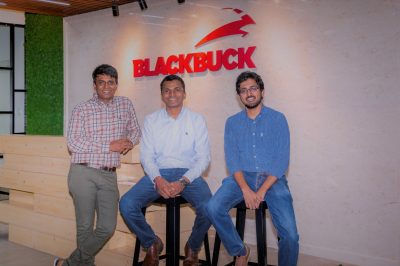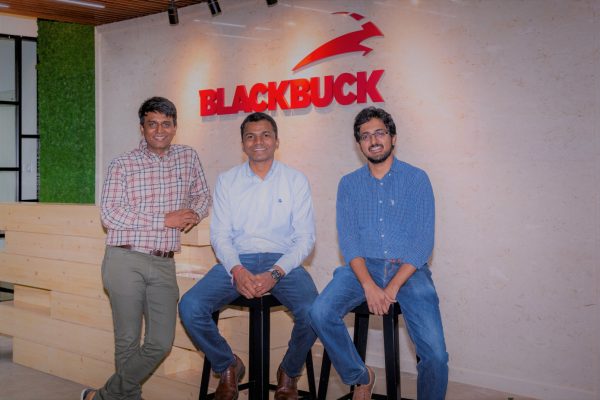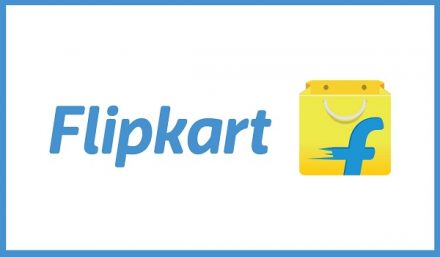By Manish Singh – TechCrunch
May 01, 2019 – India’s trucking system has a big inefficiency problem that continues to drag the economy. BlackBuck, one of the handful logistics startups that is trying to overhaul this system, just raised $150 million in a Series D round to further pursue its mission.
The new round was led by Goldman Sachs Investment Partners and Accel at a valuation just shy of $1 billion, according to a person familiar with the matter. Wellington, Sequoia Capital, B Capital, LightStreet, and existing investors Sands Capital and World Bank’s investment arm International Finance Corporation also participated in the round.
The four-year-old B2B startup, which connects businesses with truck owners and freight operators, has raised about $230 million in equity financing and another $100 million in debt financing to date, CEO Rajesh Yabaji told TechCrunch in an interview.
Yabaji said the company, which began operations in 2015, will use the fresh capital to expand and improve its technology stack that enables truck drivers to find more work, and grow its fleet of driver partners. As of today, BlackBuck has 250,000 trucks on its platform and about 10,000 clients including big names such as soft drinks manufacturer Coca Cola, consumer goods giant Unilever, and automotive conglomerate Tata. It services 400+ industrial hubs and some 3,000 villages in India.
BlackBuck has developed a simplified app for truck drivers in India, who are typically not very literate, to help them easily navigate to the destination using Google Maps and accept work. On the client side, businesses can fire up a similar app to place orders. Recently it also tied up with insurance company Acko to cover all the trucks on its network.
So as things work at the moment, truck drivers in India often struggle to find any work on their way back from a drop. Yabaji says BlackBuck enables them to find 25 to 30 percent more work opportunities. The startup takes between a 15 and 20 percent cut of that, and this is how it makes money.
India’s logistics market, valued at $160 billion, has attracted major venture capital funds in recent years, such as Delhivery, a supply chain startup, has raised north of $670 million from SoftBank, and Tiger Global among others. Rivigo, a startup that rotates drivers to improve efficiency, has raised north of $215 million from SAIF Partners and Warburg Pincus.
It’s a capital-heavy business. BlackBuck, which employs about 2,000 people, generated $135.5 million in revenue at a loss of $17 million in fiscal year 2018, according to regulatory filings.
Yabaji says the startup aims to aggressively grow its business, so profitability is not something it is hoping to go after in the immediate future.
“Given the market we are in today, in terms of private capital being available, we do not have to do IPO for a really long time. It is all about optimizing for the objective,” he said.
BlackBuck said it will also give about 200 of its employees an option to liquidate up to 25 percent of their vested shareholding in the company at the current price.
Blackbuck was chosen by CNBC as Startup of the Year for 2018, by Zee Business as Company of the Year for 2018. Harvard Business School did a Case Study on Blackbuck.







